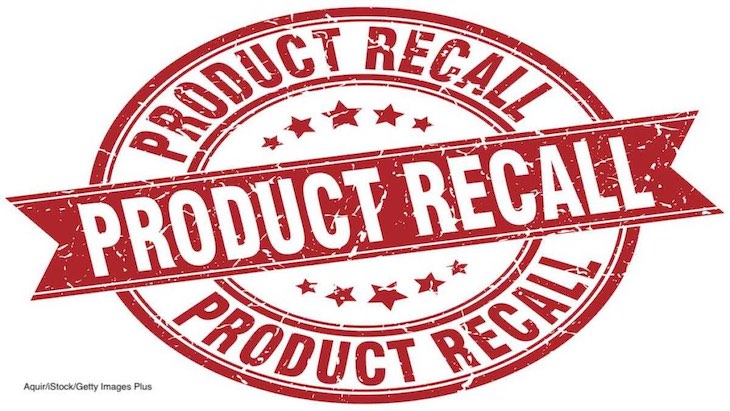The Food and Drug Administration (FDA) is strengthening the process of initiating voluntary recalls. These recalls remove food from the marketplace that may be contaminated with pathogens or contain undeclared allergens. Melinda K. Plaisier, FDA Associate Commissioner for Regulatory Affairs, is commenting on this plan.

There were 382 food recalls in 2018, for undeclared allergens, pathogens, and foreign material contamination. The FDA regulates all foods except for some aspects of meat, poultry and egg products. If food needs to be recalled because it is a threat to public health, and the company will not act, the FDA has regulatory power to force a recall. The first mandatory recall order was issued for Kratom products last year.
The FDA is guiding companies on the steps companies need to take so they are in place when these facilities issue voluntary recalls. New draft guidance is being issued today to provide industry with information to prepare and plan for recalls.
The guidance, which is not law but recommendations to corporations, recommends changes in three areas. First, training personnel in a company is critical. Employees need to know their responsibilities during a recall. They also need to learn what FDA reporting requirements are, and how to establish a recall communications plan.
Second, record-keeping is crucial. Traceback is one of the tools public officials use when investigating a foodborne illness outbreak. Blockchain technology can help by establishing a clear chain from farm to fork. Employees also need to now how to code their products and maintain distribution records.
Finally, written recall procedures need to be in place to minimize delays. Searching for information before a recall is issued can delay the release of critical information such as production dates and UPC numbers. Firms should prepare and maintain written recall initiation procedures.
The FDA is going to start supplying retail distribution information during some human and animal food recalls. The USDA already does this. This information helps consumers understand whether or not they may have purchased recalled food. Last year, the FDA released a retail distribution list during the Salmonella Adelaide outbreak that was linked to Caito Foods precut melons.




